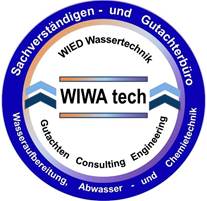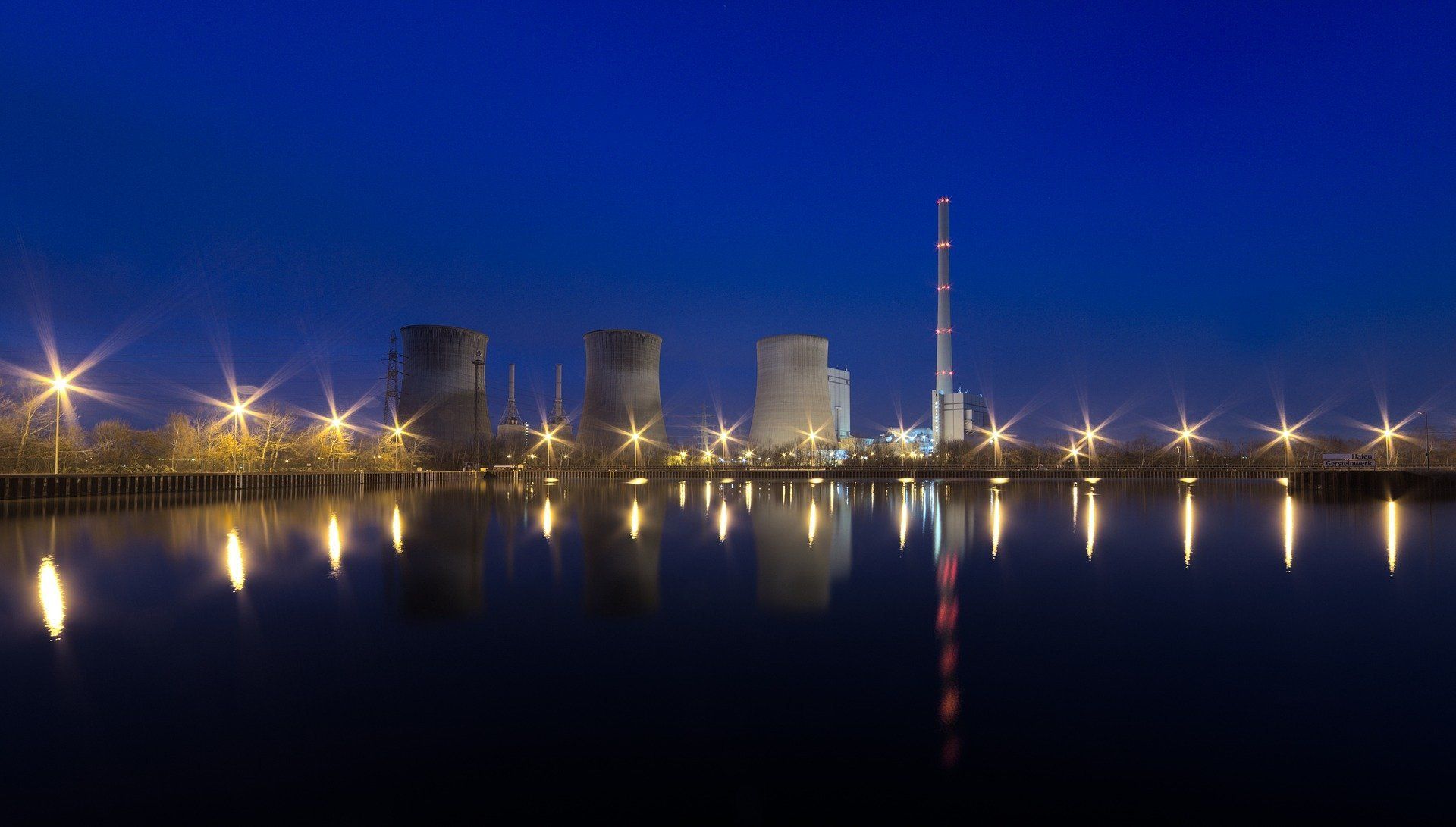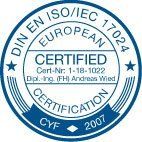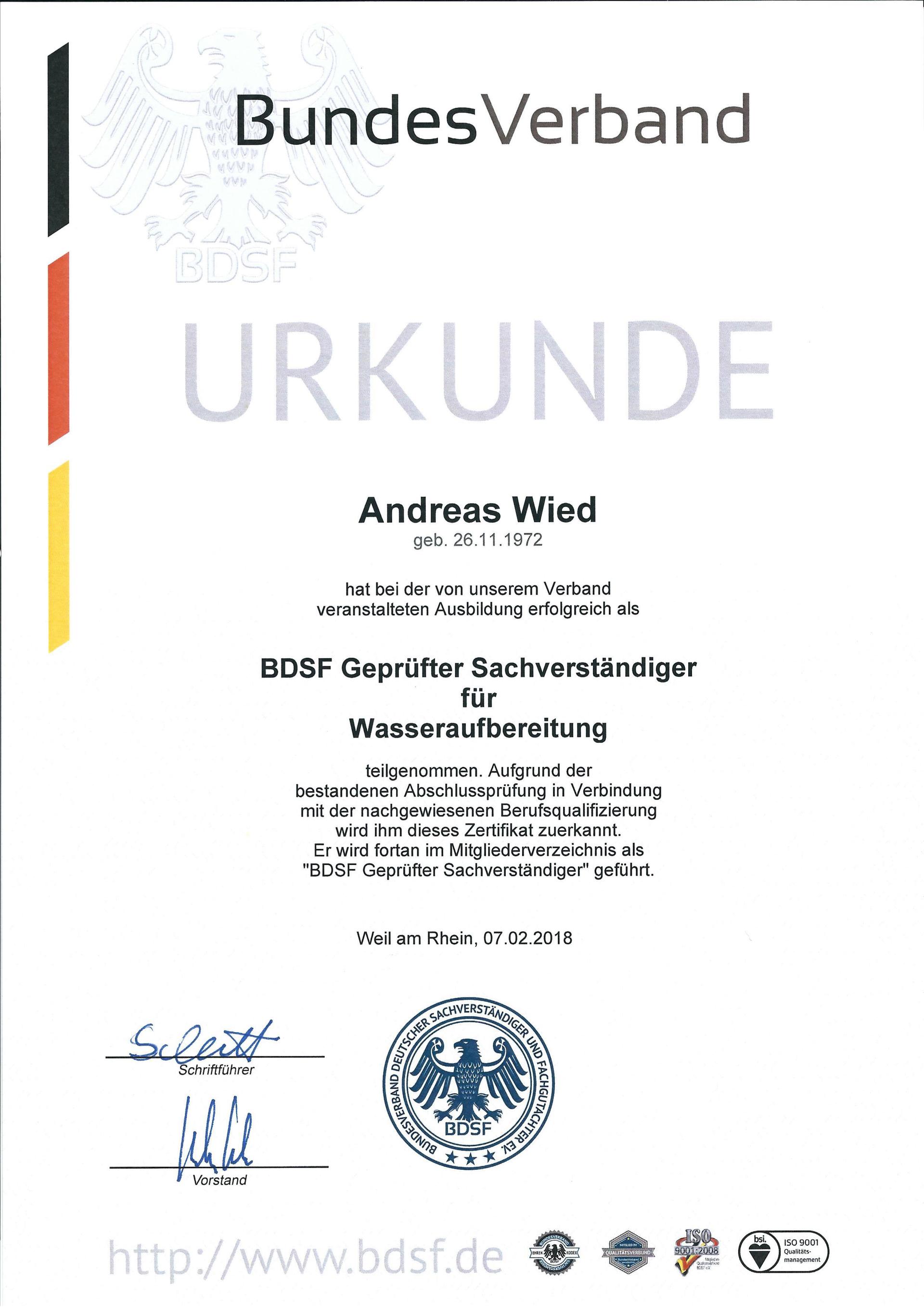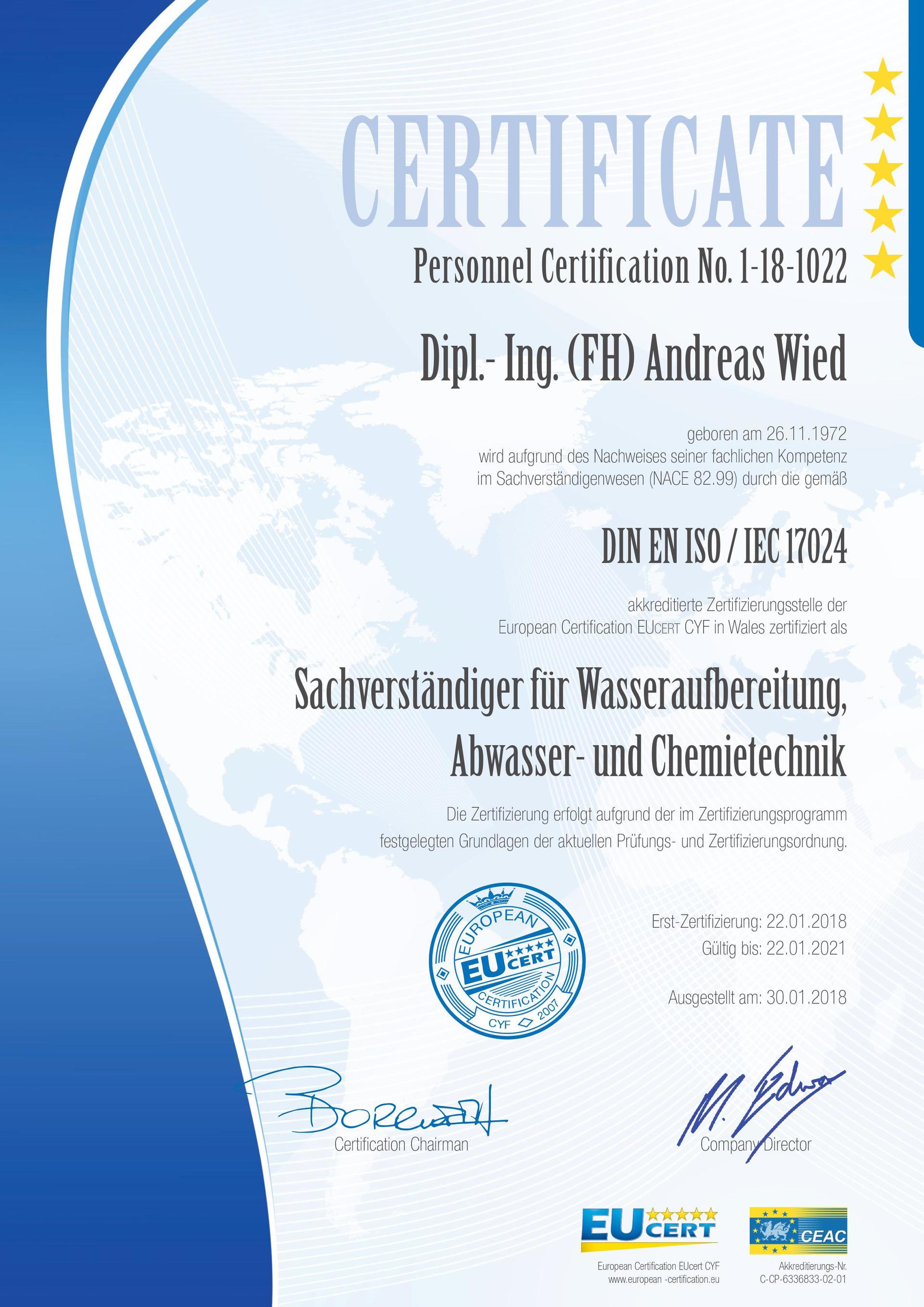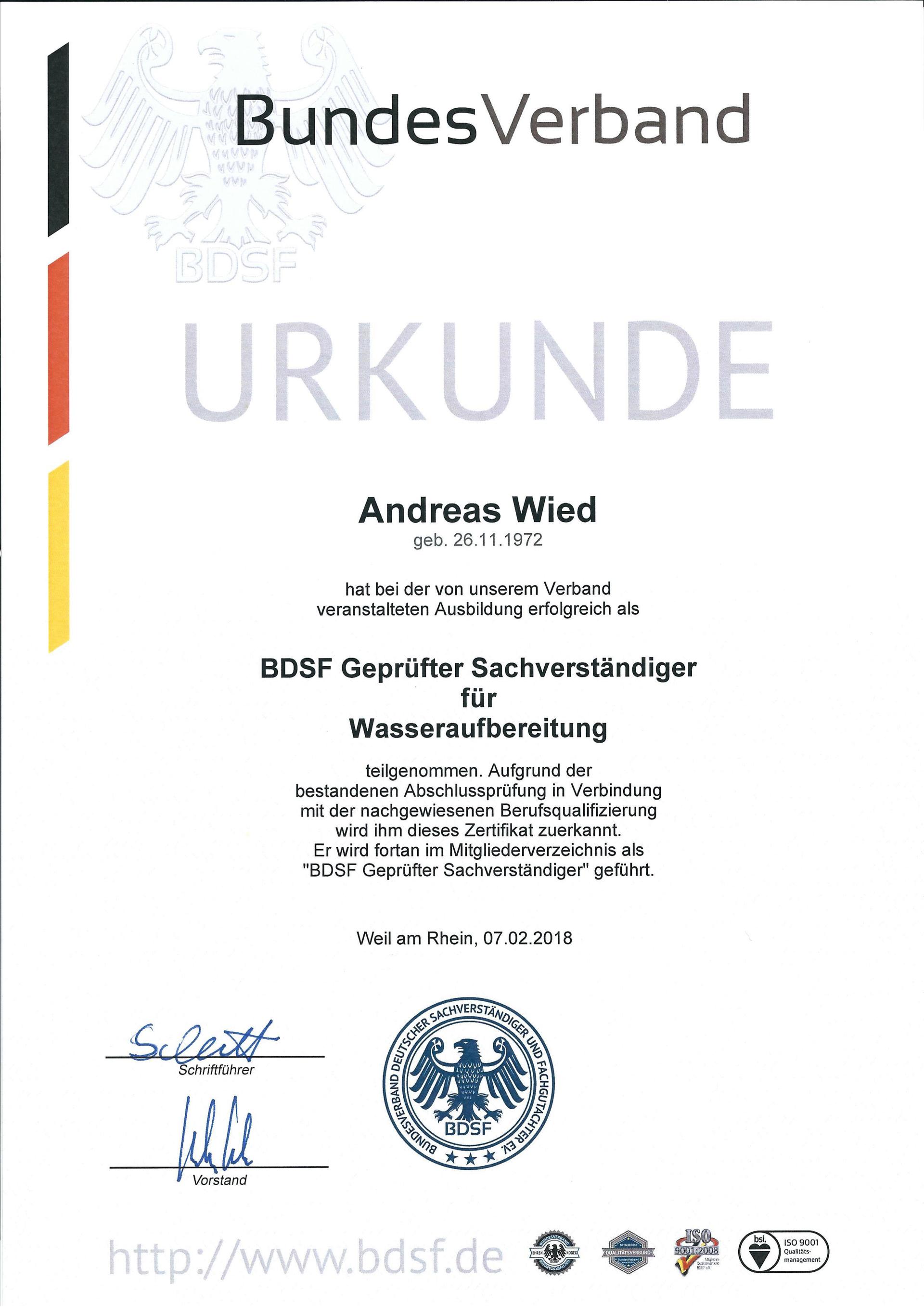Customers & Expertise
CUSTOMER
INDUSTRY SECTORS
AREAS OF EXPERTISE
We support our customers in the realization of their tasks and look forward to making a contribution to you.
CUSTOMERS / INDUSTRIES
- courts
- Insurance
- Project Work
- Power plants and energy production
- Municipalities and municipal utilities
- waterworks
- sewage treatment plants
- Power plant operator
- industrial plants
- Pharmaceutical and food industry
- Automotive and automotive supply industry
- chemical industry
- textile industry
- Steel and metal processing industry
- other
- Courts
- Insurance
- Project Work
- Power Plants, Power Generation
- Municipalities, Municipal Utilities
- Drinking Water Plants
- Sewage Treatment Plants
- Power Plant Operator
- Industrial Companies and Trade
- Pharmaceutical, u. Food Industry
- Automobile u. Supply Industry
- Chemical Industry
- Textile Industry
- Steel u. Metalworking Industry
- Other
The main topics of WIWA tech are water treatment, sewage and chemical engineering. Our services can be applied to many industries individually, so that we offer our customers industry-specific advice. We provide expert opinions and provide advice for insurance companies, companies, courts, insolvency administrators and other interested parties. Our clients include medium-sized companies as well as corporate structures with a private or public shareholder structure. The expert for water treatment, sewage and chemical technology, certified by the BDSF (Bundesverband Deutscher Sachverstaendiger und Fachgutachter eV), assesses and evaluates independently and competently. The members of the BDSF have the necessary qualifications and acceptance, thus giving their customers and authorities the highest degree of security. In Germany, this is increasingly appreciated by companies, private individuals and courts that require the expertise of an expert.
The main topics of WIWA tech are water treatment, sewage and chemical engineering. Our services can be applied to many industries individually, so that we offer our customers industry-specific advice. We provide expert opinions and provide advice to insurance companies, companies, courts, insolvency administrators and other interested parties. Our clients also include medium-sized companies right through to corporate structures with a private or public shareholder structure. The expert for water treatment, sewage and chemical technology, certified by the BDSF (Federal Association of German Experts and Specialists, e.V.), assesses and evaluates independently and competently. The members of the BDSF have the necessary qualifications and acceptance and thus provide their customers and authorities with the highest level of security. In Germany, more and more companies, private individuals and courts that need the expertise of an expert appreciate this.
WATERTREATMENT
- Water Treatment Plants
- Drinking Water
- Boiler Feed Water
- Cooling Water
- Water Conditioning
- Water Chemistry
- Desalination
- Drinking Water Hygiene
- Water Analysis And Interpretation
- Disinfection
- Drinking Water
- Filtration
- Miscellaneous
- Water treatment plants
- Drinking water
- Boiler feed water
- cooling water
- water conditioning
- water Chemistry
- desalination
- drinking water hygiene
- Water analysis and interpretation
- disinfection
- drinking water
- filtration
- miscellaneous

Title
Untertitel hier einfügenButton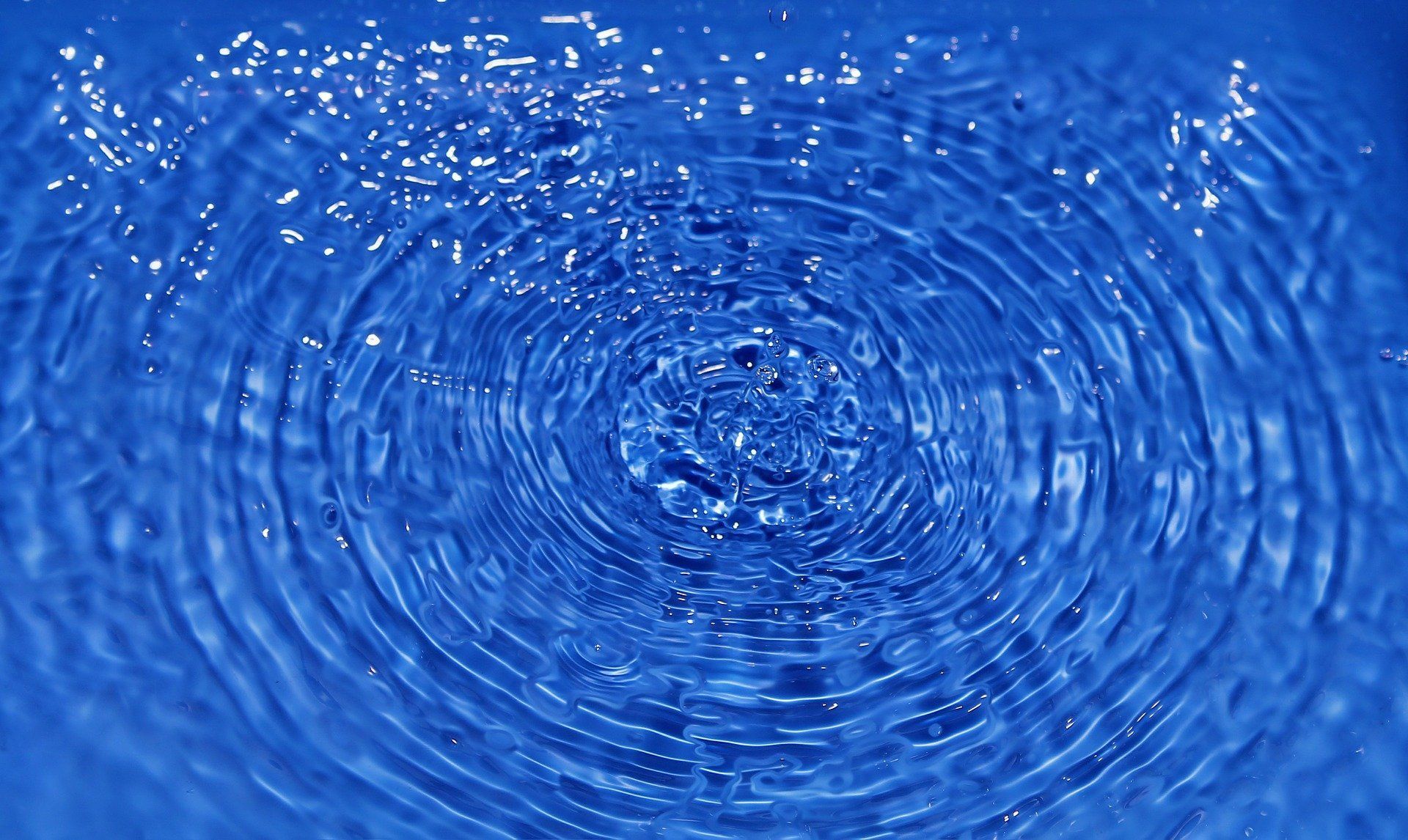
Title
Untertitel hier einfügenButton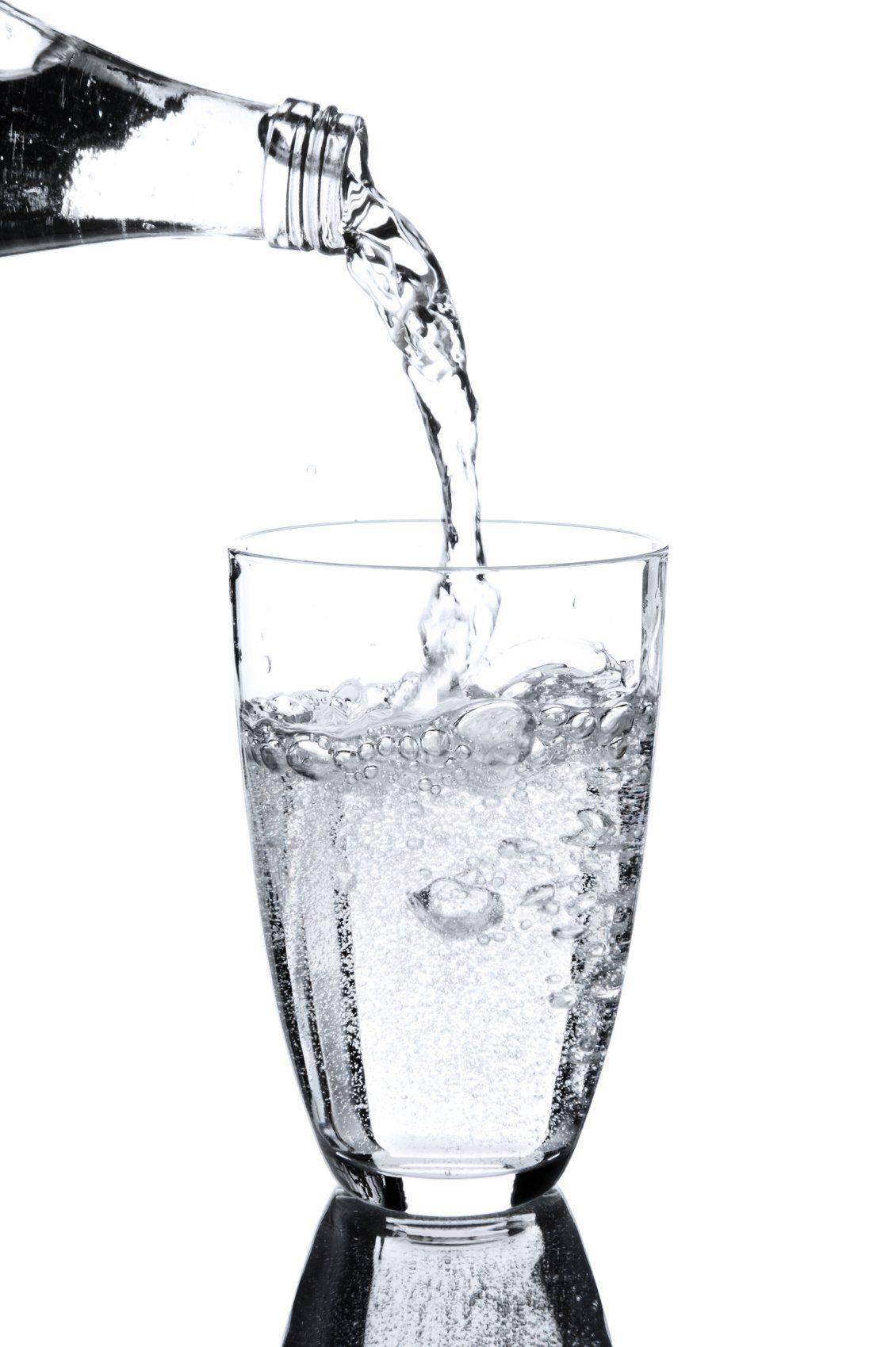
Title
Untertitel hier einfügenButton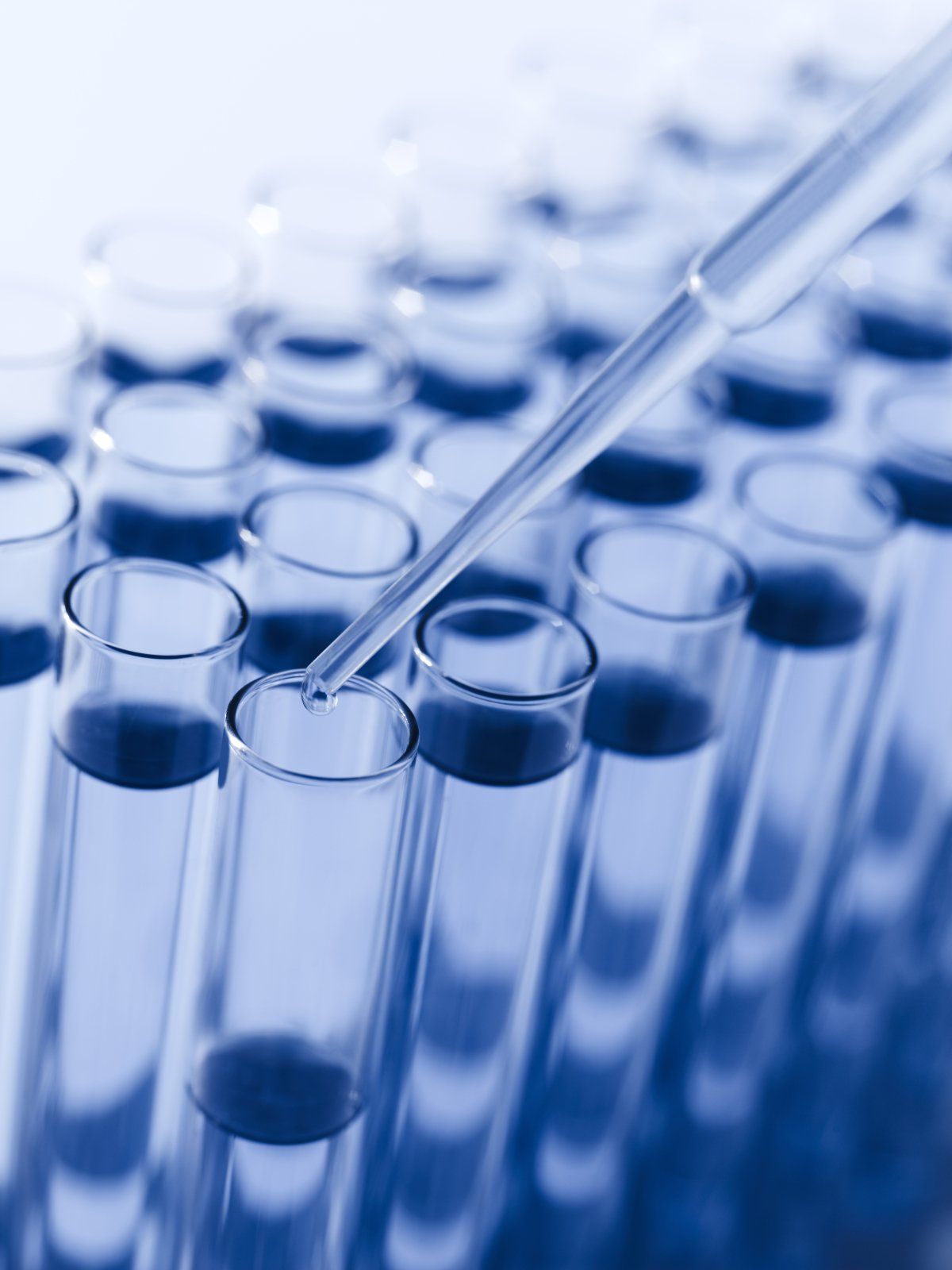
Title
Untertitel hier einfügenButton
Der Gebrauch von Wasser verlangt je nach Einsatzmöglichkeit einen speziell definierten Qualitätsan-spruch. Als Wasseraufbereitung wird die zielgerichtete Veränderung der Wasserqualität bezeichnet. Die Entfernung oder die Ergänzung von Stoffen aus dem Wasser sowie das Einstellen von Parametern des Wassers gehören zu den wesent-lichen Behandlungsschritten in der Wasseraufbereitung. Physikalische und chemische Verfahren sind wesentlicher Bestandteil einer Was-seraufbereitung. Die benötigte Was-serqualität hat entscheidenden Ein-fluß auf die notwendige Wasserauf-bereitung. Wasseraufbereitungsanlagen beste-hen aus einer Vielzahl von Anla-genkomponenten und Maschinen, wie beispielsweise Antriebssysteme, Rohrleitungen für den Hin- oder Abtransport von Abwasser, Sammel – und Reaktionsbehälter, Heiz- und Kühlsysteme sowie Apparate und Maschinen zur Aufbereitung von Wasser. Bei einer Wasseraufbe-reitungsanlage handelt es sich in der Regel um einen physikalischen Ort, an dem Wasser mit dem Ziel der Qualitätsverbesserung ggf. ge-wonnen, aufbereitet, gefördert oder gespeichert wird.
Depending on the application, the use of water requires a specially defined quality standard. Water treatment is the targeted change in water quality. The removal or addition of substances from the water and the setting of parameters of the water are among the main treatment steps in the water treatment. Physical and chemical processes are an essential part of a water treatment. The required water quality has a decisive influence on the necessary water treatment. Water treatment plants consist of a large number of plant components and machines, such as drive systems, pipelines for transporting water to and from them, collection and reaction vessels, heating and cooling systems, and water treatment apparatus and machines. A water treatment plant is usually a physical location where water may be recovered, processed, extracted or stored for the purpose of quality improvement.
SEWAGE
- Drainage Systems
- Municipal Sewage
- Industrial Wastewater
- Water Reuse
- Zero Liquid Discharge
- Condensate Treatment
- Process Water
- Recycling Plants
- Sewage Conditioning
- Sanitation
- Water Analysis
- Biological Processes
- Drainage systems
- municipal sewage
- industrial wastewater
- Water Reuse
- Zero Liquid Discharge
- condensate treatment
- process water
- recycling plants
- sewage conditioning
- sanitation
- water analysis
- biological processes
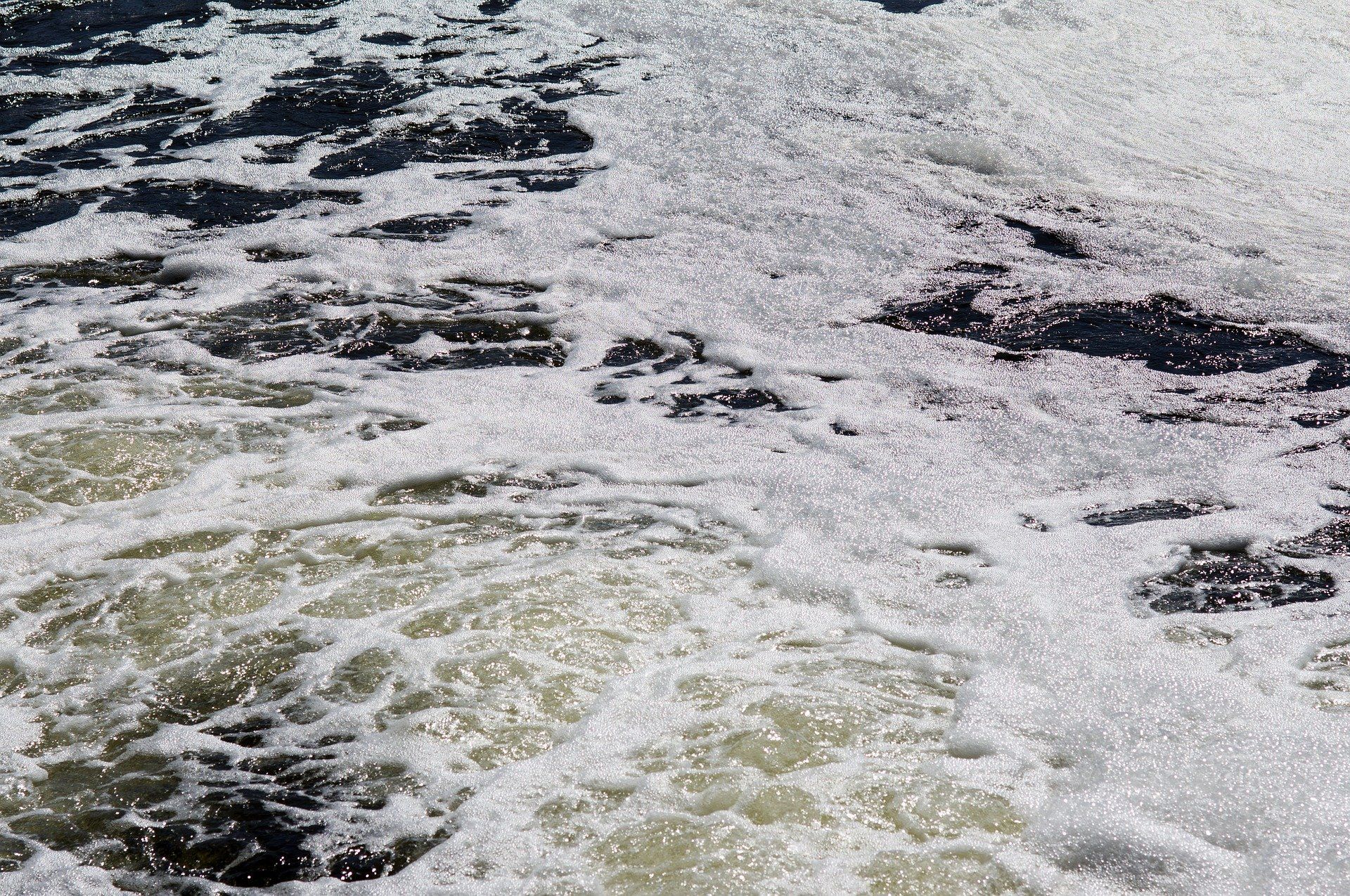
Title
Untertitel hier einfügenButton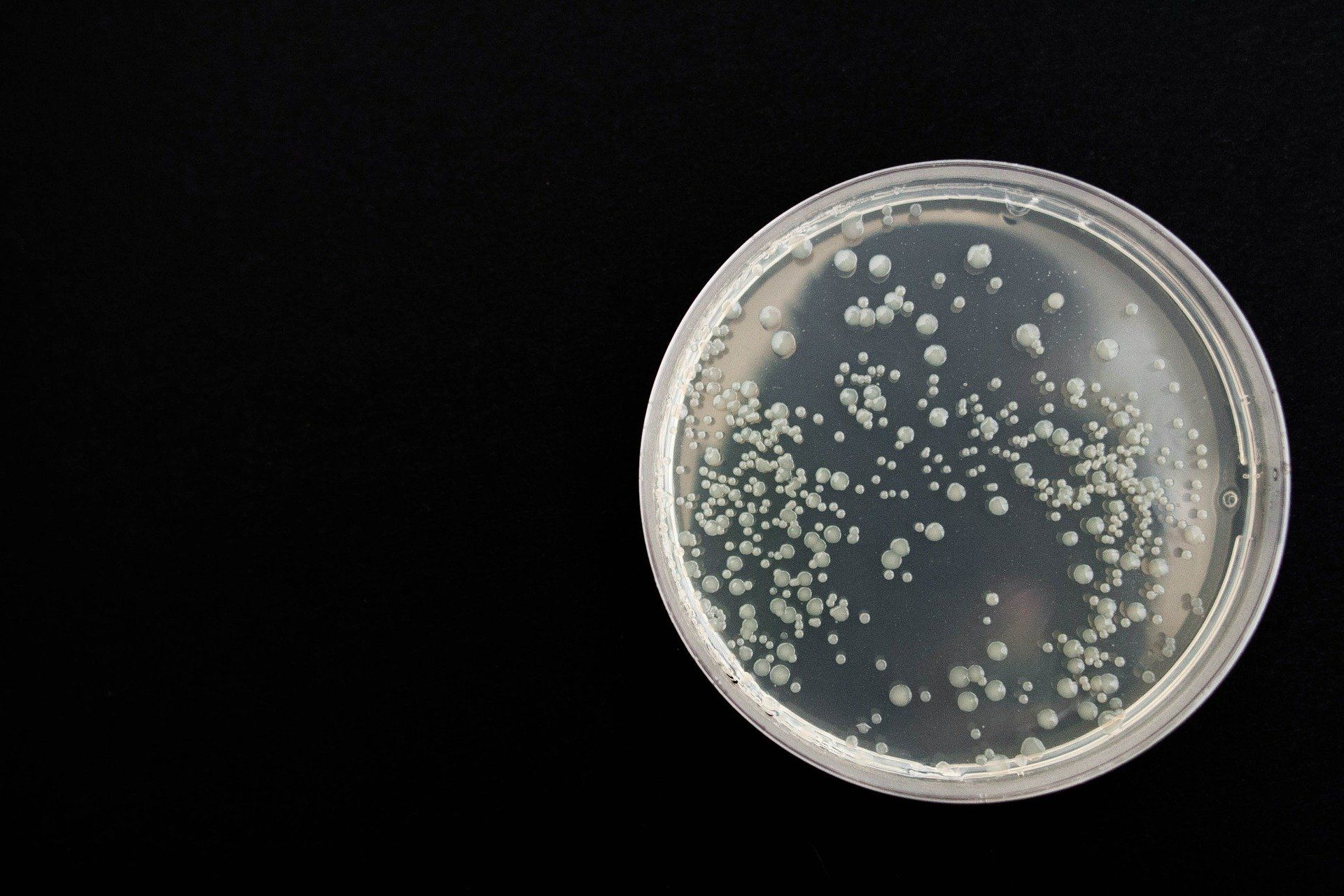
Title
Untertitel hier einfügenButton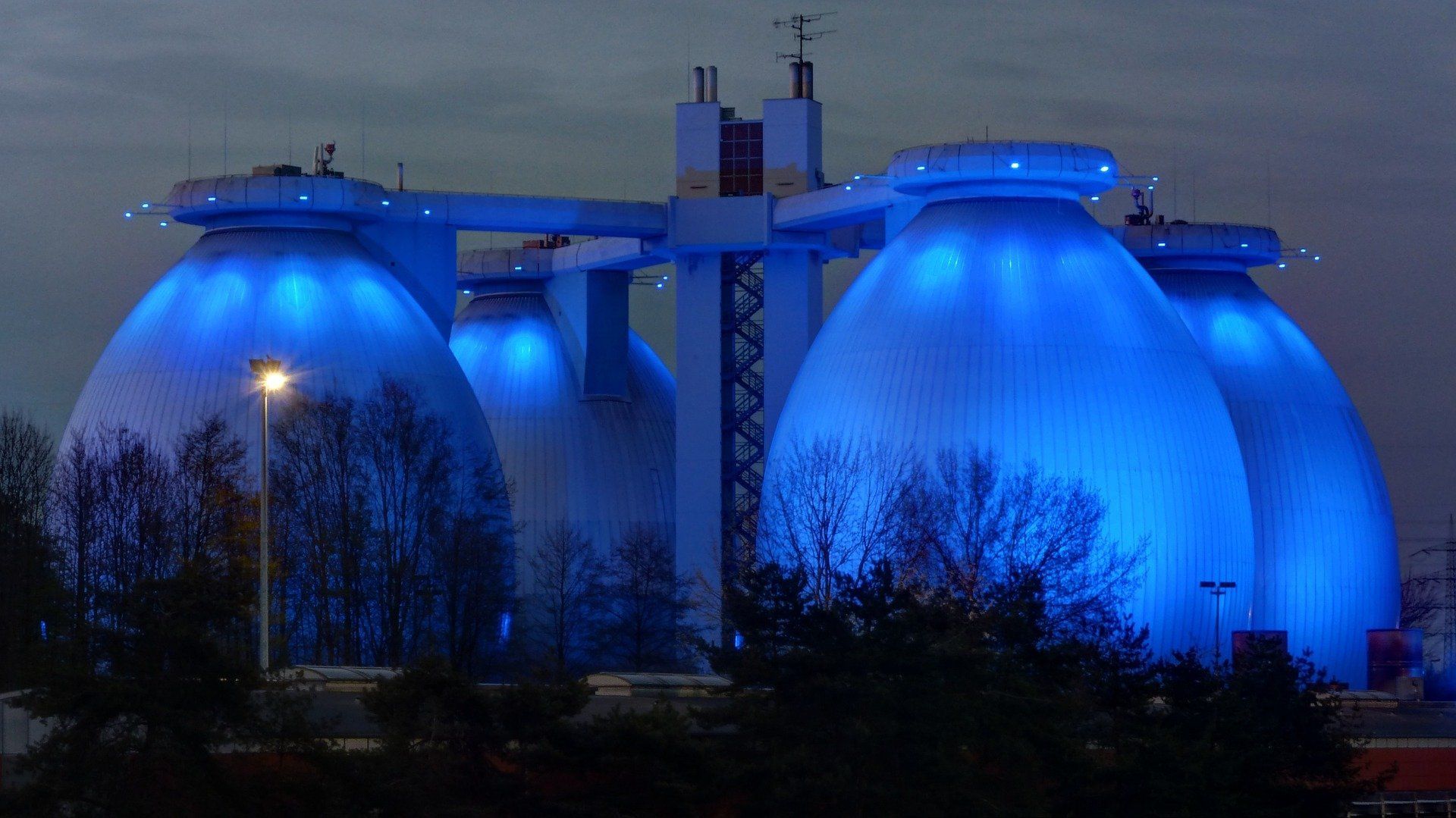
Title
Untertitel hier einfügenButton
Title
Untertitel hier einfügenButton
Wastewater is defined as water modified by domestic, commercial, agricultural or other uses. The associated wastewater technology deals with wastewater collection, wastewater discharge and above all wastewater treatment / wastewater treatment.
With regard to the technology used to clean the wastewater, mechanical and biological processes and chemical processes are frequently used. The wastewater composition and the sewage origin has a decisive influence on the necessary wastewater technology. Wastewater treatment plants consist of a large number of plant components and machines, such as drive systems, pipelines for the transport of wastewater, collection and reaction vessels, heating and cooling systems, as well as wastewater purification devices and machines.
Waste water is the water changed by its domestic, commercial, agricultural or other uses. The associated wastewater technology deals with wastewater collection, wastewater discharge and, above all, wastewater treatment / wastewater treatment.
Mechanical and biological processes as well as chemical processes are frequently used in relation to the technology used to clean the wastewater. The wastewater composition and the wastewater origin has a decisive influence on the necessary wastewater technology. Waste water treatment plants consist of a large number of plant components and machines, such as drive systems, pipelines for the transport of wastewater, collection and reaction vessels, heating and cooling systems as well as wastewater treatment equipment and machines.
CHEMICAL ENGINEERING
- chemical plants
- chemical storage
- dosage
- reactors
- chemicals promotion
- acid filtration
- wash water purification
- concentration
- Neutralization
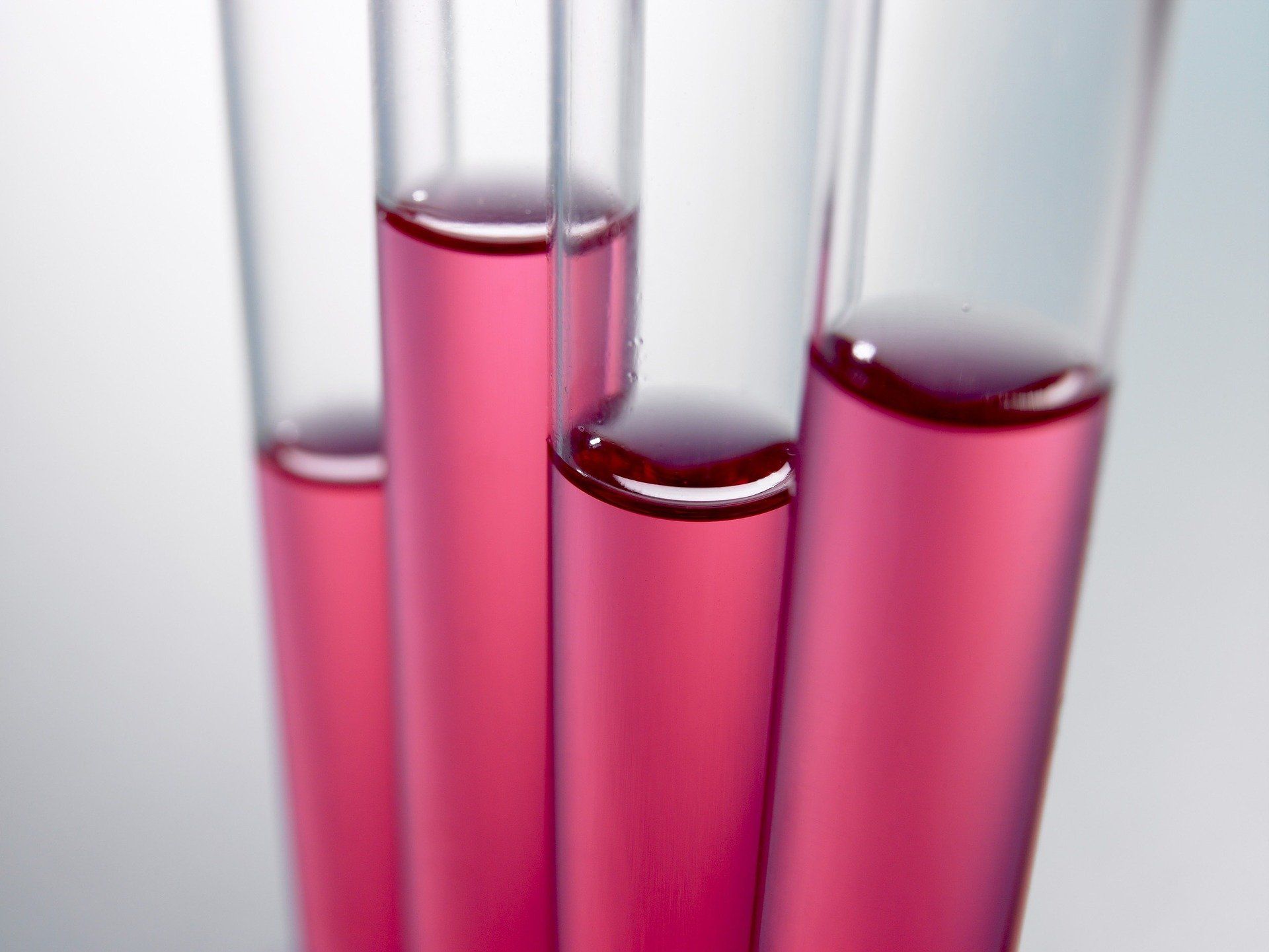
Title
Untertitel hier einfügenButton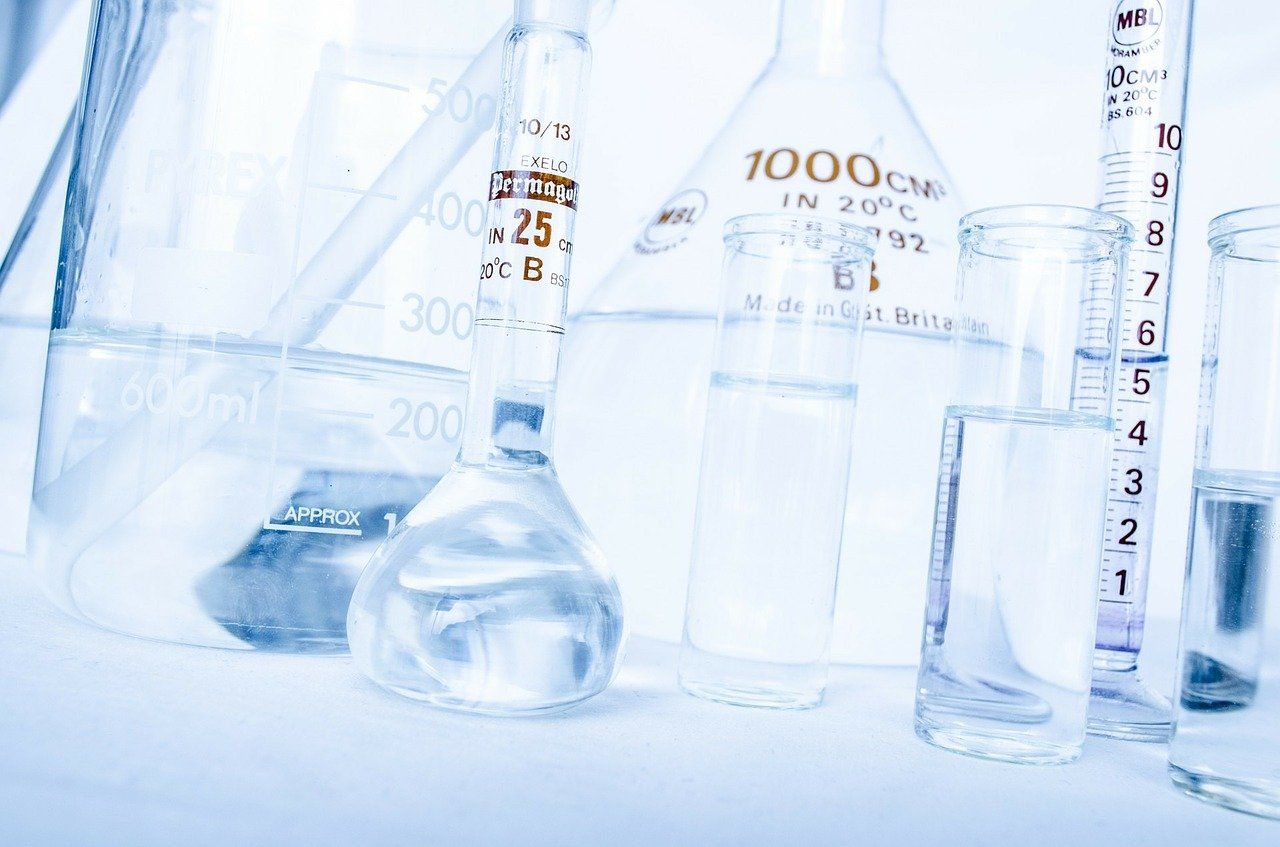
Title
Untertitel hier einfügenButton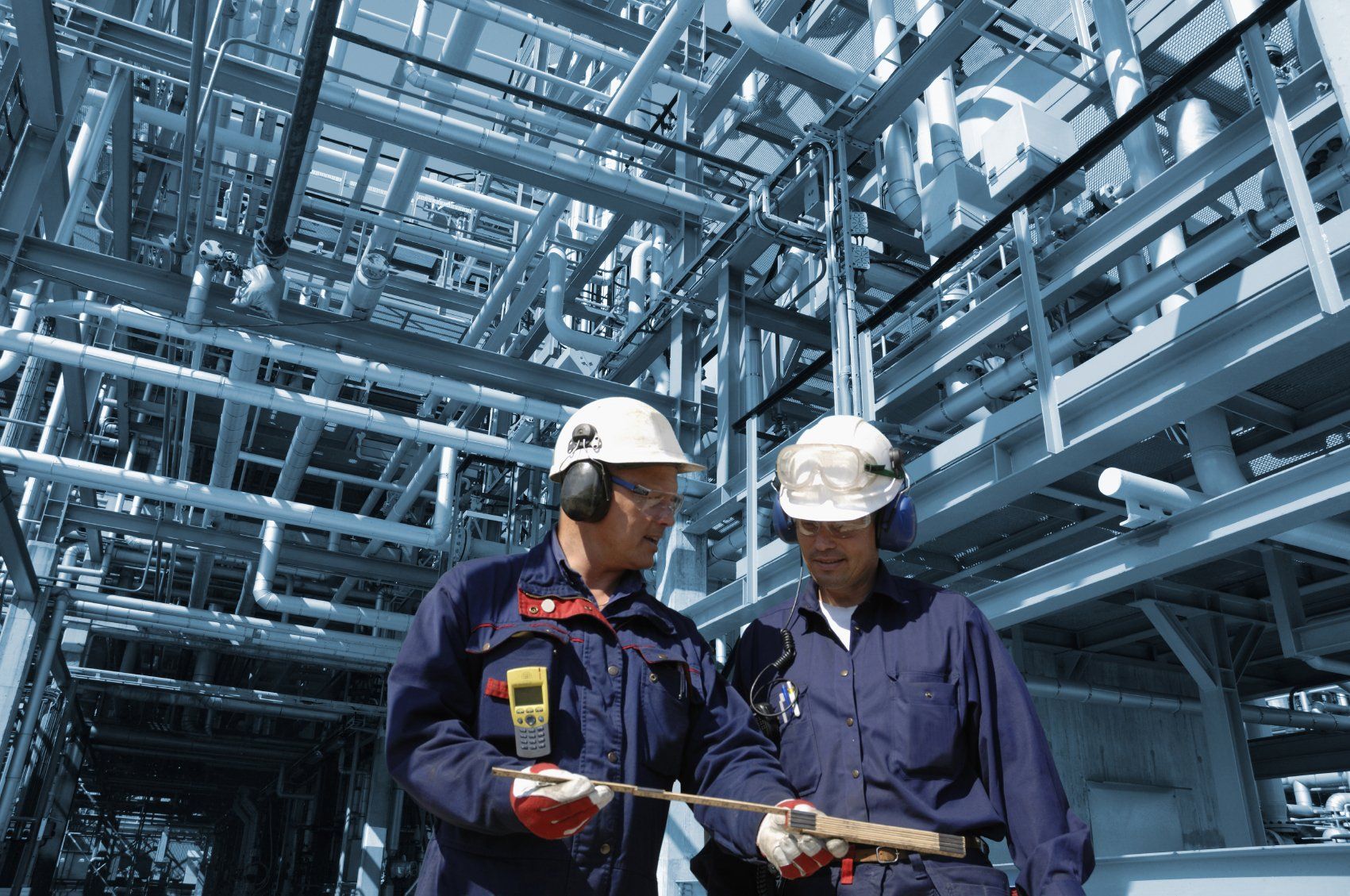
Title
Untertitel hier einfügenButton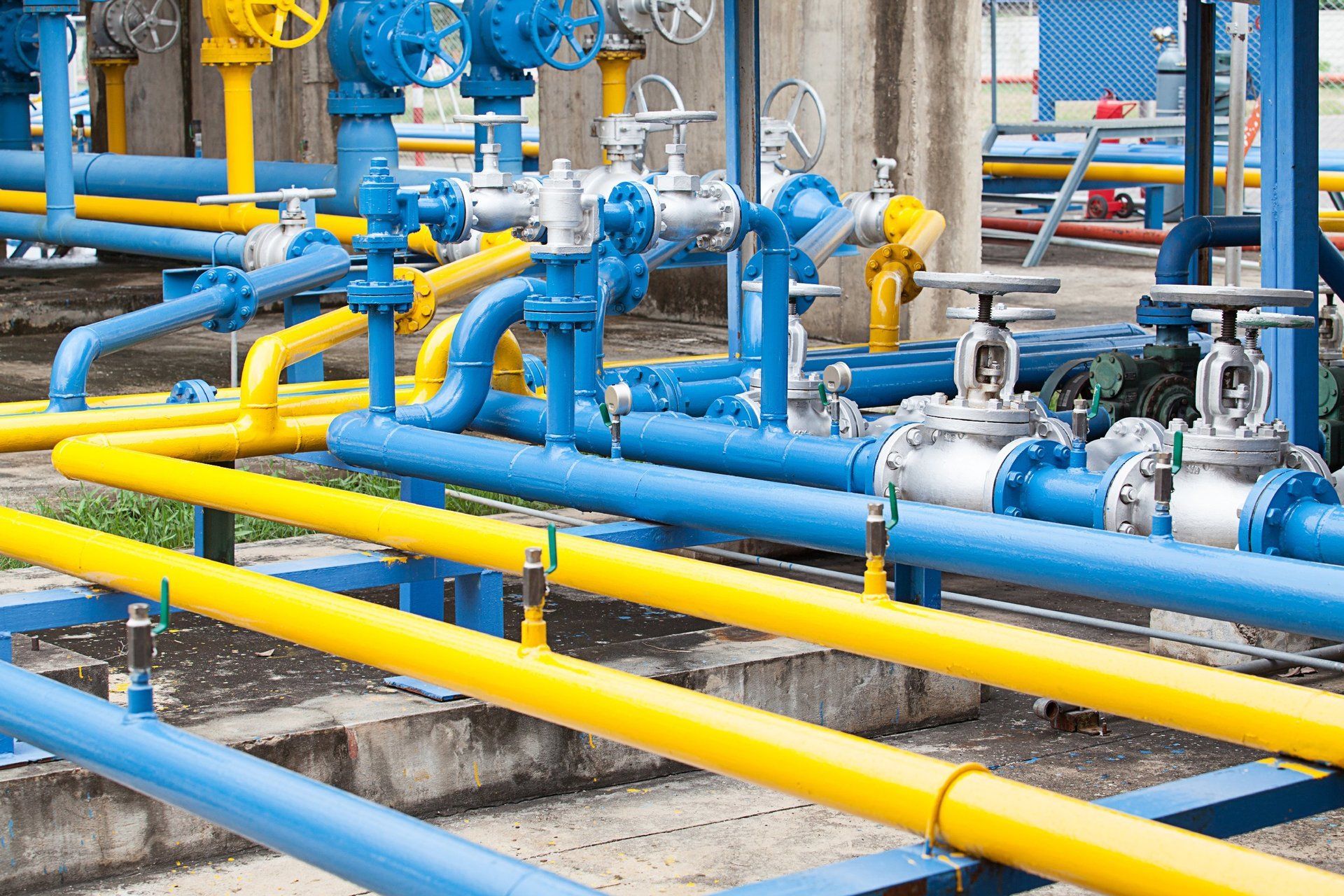
Title
Untertitel hier einfügenButton
The chemical engineering is mainly concerned with the transfer of chemical reactions to industrial production. This includes the work-up of the starting materials required for the reaction, the reactions themselves as well as the separation and aftertreatment of the reaction products. In addition to reactors in which the material conversion takes place, a large number of other plant components and machines are required for production in a chemical plant. These include drive systems, pipelines for the transport of substances to and from the production plant, heating and cooling systems, as well as appliances for mixing or separating mixtures.
The chemical engineering is mainly concerned with the transfer of chemical reactions to industrial production. This includes the work-up of the starting materials required for the reaction, the reactions themselves and the separation and aftertreatment of the reaction products. In addition to reactors in which the material conversion takes place, a large number of other plant components and machines are required for production in a chemical plant. These include propulsion systems, pipelines for the transport of substances to and from the production plant, heating and cooling systems as well as apparatus for mixing or separating mixtures.

